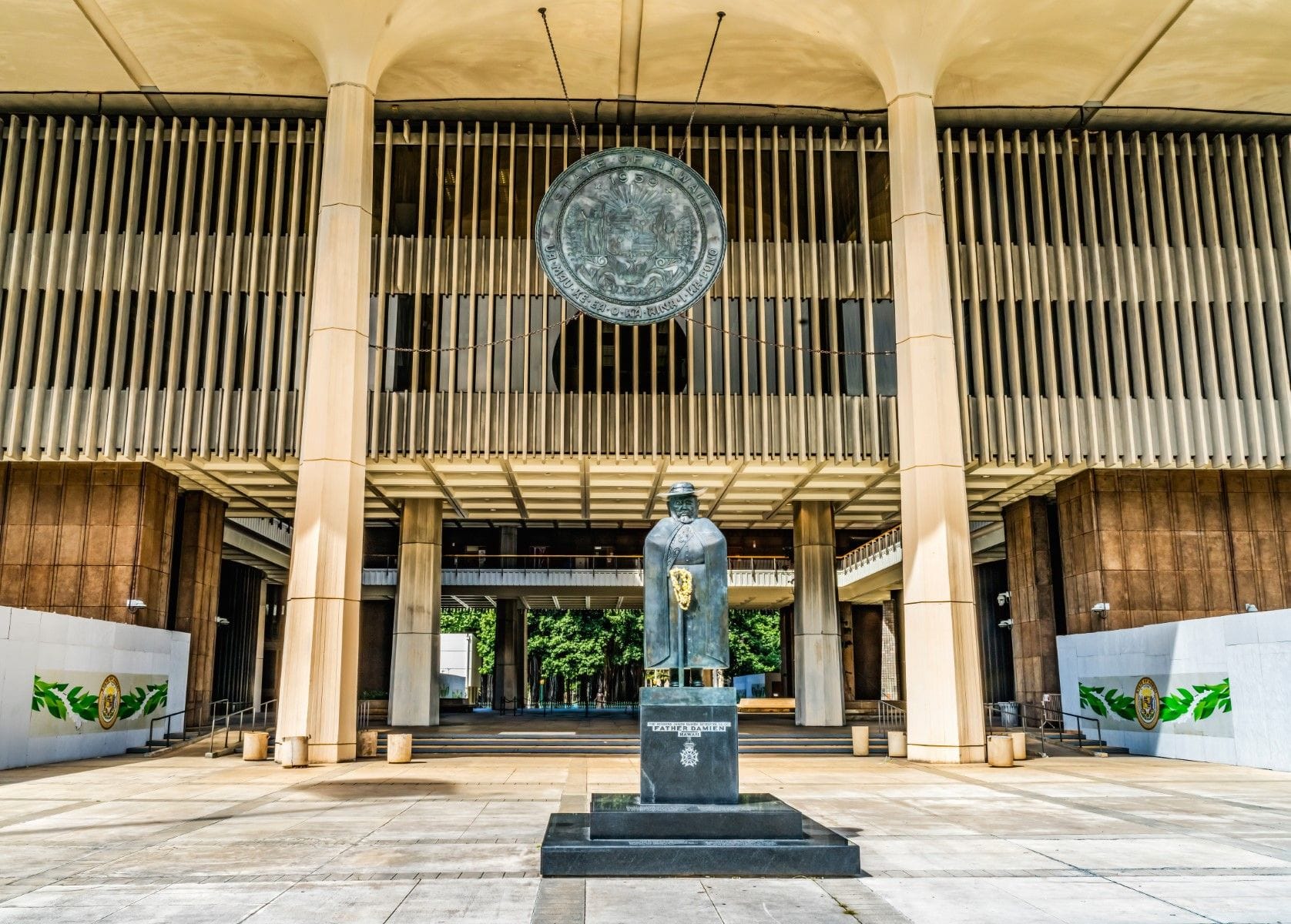Hawaii Expert Witness Report Rules
Expert witness reports in Hawaii must detail opinions, data, qualifications, and compensation. Timely compliance with disclosure rules is crucial to avoid sanctions.
Updated on
In this article
Are Expert Witness Reports Required in Hawaii?
In Hawaii, expert witness reports are governed by the Hawaii Rules of Civil Procedure. Under Haw. R. Civ. P. 26(b)(4), parties are required to disclose their expert witnesses and the substance of each expert's testimony during the discovery phase. This obligation can be fulfilled through interrogatories requesting the identity of the expert and the facts and opinions to which they are expected to testify. If an expert has prepared a report, it may be used to satisfy this disclosure requirement. The timing of these disclosures is typically dictated by the court’s pretrial order, which often requires plaintiffs to disclose their experts first by a specified deadline. Failure to comply with these disclosure requirements can result in sanctions, including the exclusion of the expert’s testimony (Haw. R. Civ. P. 26(a)(2)(A), (b)(4)(A)).
What is Required in a Hawaii Expert Witness Report?
In Hawaii, an expert witness report should comprehensively detail:
- The expert’s opinions and the basis for those opinions.
- Data and exhibits considered by the expert.
- The expert’s qualifications.
- Compensation for the expert’s study and testimony.
While Hawaii’s requirements align with the federal standard in some respects, the state does not mandate a formal written report unless one is prepared. If a report exists, it can serve to fulfill disclosure obligations. The specifics of what must be included can vary depending on the court’s scheduling order or the nature of the case.
Scope and Authorship of the Report
The drafting and signing of expert witness reports in Hawaii should primarily be undertaken by the expert themselves. Attorneys may assist by organizing and presenting data but cannot alter the substance of the expert’s opinions. The scope of the report may vary depending on the complexity of the case and the type of expert testimony required. In some instances, the court may dictate specific requirements through a pretrial order.
Missing, Deficient, and Untimely Reports
Failure to provide an expert witness report, or providing an incomplete or untimely one, can lead to several consequences under Hawaii law. Courts may impose sanctions, such as excluding the expert’s testimony at trial. In some cases, a continuance may be granted to allow for proper disclosure. However, consistent non-compliance with Haw. R. Civ. P. 26 can lead to more severe penalties, emphasizing the importance of adhering to procedural rules and deadlines.
Original, Supplemental, and Rebuttal Reports
In Hawaii, distinctions between original, supplemental, and rebuttal reports are not explicitly outlined in the rules. However, parties are expected to update and supplement information as necessary to ensure disclosures remain accurate and complete. The timing and content of these updates are typically governed by the court’s scheduling order, and disputes over these filings are addressed on a case-by-case basis. Courts have discretion in managing these aspects to ensure fairness and efficiency in the proceedings.
Relevant State Rules and Legal Requirements
The primary rules governing expert witness disclosures in Hawaii are found in Haw. R. Civ. P. 26. These rules outline the procedures for disclosing expert witnesses and the content of their testimony. While Hawaii’s practice bears some resemblance to federal rules, it includes unique procedural elements and requirements that practitioners must understand. For instance, the ability to take the deposition of an expert witness once identified is a significant aspect of Hawaii's approach, allowing for thorough examination and preparation before trial.
By adhering to these procedural requirements and understanding the nuances of Hawaii’s rules, legal practitioners can effectively navigate the complexities of expert witness disclosures in the state.


